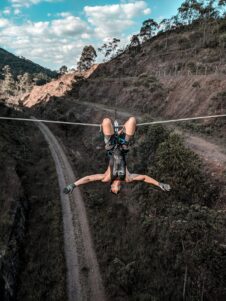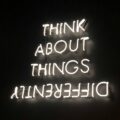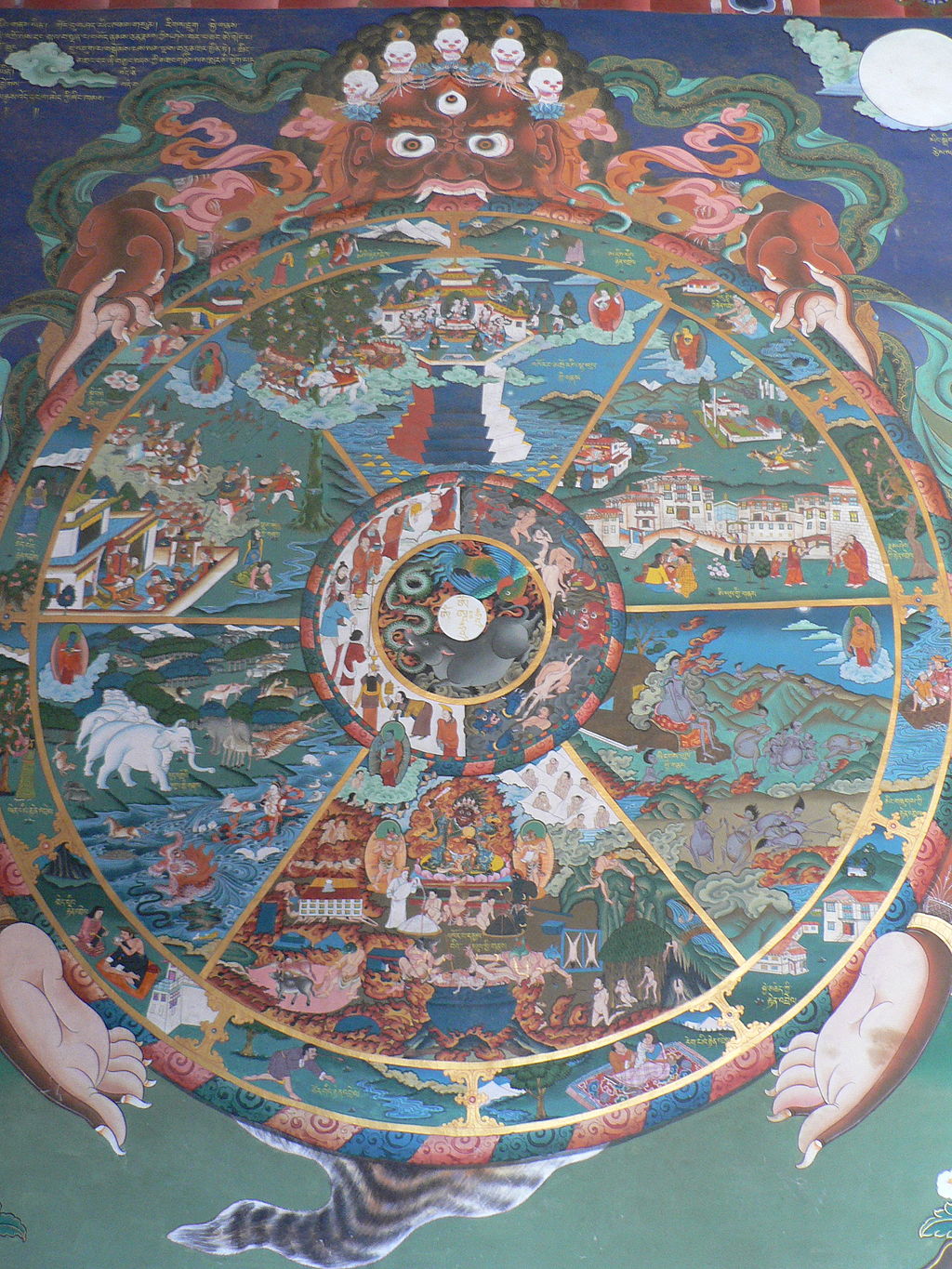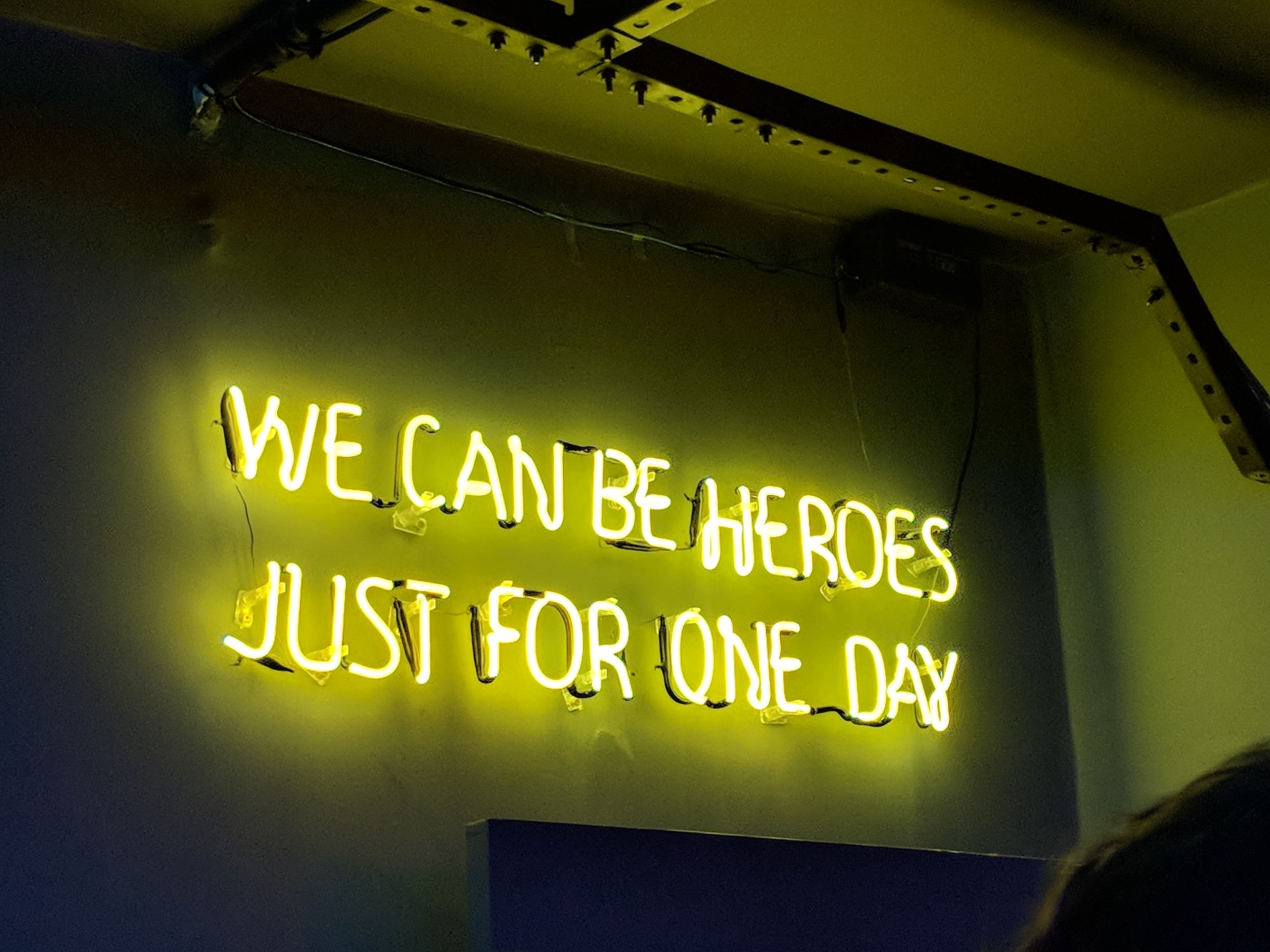Fear and Courage
Article By Delia Steinberg Guzmán
 That fear is the greatest adversary on the path of wisdom? We already knew that. But we have to experience it. Wisdom is not about filling our heads with ideas that are never applied (precisely because of fear or cowardice, or comfort, which is another form of fear and cowardice); wisdom is to learn to live, to evolve, to become more determined and confident.
That fear is the greatest adversary on the path of wisdom? We already knew that. But we have to experience it. Wisdom is not about filling our heads with ideas that are never applied (precisely because of fear or cowardice, or comfort, which is another form of fear and cowardice); wisdom is to learn to live, to evolve, to become more determined and confident.
Evidently, in order to reach wisdom we have to traverse many uncharted routes, we need to pierce through the complicated forest of experiences. To stay back due to fear, believing that we will avoid these encounters with life, is only to delay the inexorable intent of life. Even worse, it consigns us to live what lies ahead in the perpetual shadow of fear, in the regret of opportunities delayed in wait for the inner hero, whose birth was aborted amidst the mediocre comfort preferred by those unwilling to surmount obstacles.
Life is a treasury of wisdom once we learn to defeat fear with every stride. It is your life, your steps. Do not be afraid.
How do we recognize authentic courage?
While some speak of a courage rooted in reflection and one rooted in instinct, we believe, with Plato, that when these dualities are starkly contrasted, it reflects an inability within the individual to establish inner order. When there is order – another name for justice – there is an agreement between one’s rational reflection and one’s emotions, as instinctive as they may be.
If instinct prevails, courage transforms into recklessness, propelling human beings to face dangers beyond their reach, or that only boost their vanity. In such cases, we come closer to failure than to victory. Conversely, should cold reflection solely rule, we might not be dealing with a courageous person, but simply an indifferent one.
As we are well aware, in our world of dualities, this indifference hardly constitutes a virtue: those who do not know fear, who have never felt fear, cannot recognize courage, or the capacity to overcome fear.
Hence, we deduce that courage is an elevated sentiment, elevated precisely by its alliance with intelligence. Courage, – Plato’s “Spirited” aspect of the soul– when it acts on behalf of the instincts, is not so much courage, but an unleashed instinctual force.
To control anger and to develop courage
The person who is inclined to anger is enslaved in two ways. First, they are their own slave, because a part of their soul, the coarsest and roughest part, can override their refined and thinking soul. Second, they are also a slave of others… the loss of their own self-control exposes them to manipulation by those who can exploit the situation for their own benefit. The angry person’s soul is in the hands of others…
How easily the choleric person can be angered with arguments that make them explode! How readily they can be guided into decisions engineered by their circumstantial “owners”!
The one who controls the situation makes them believe that they are the architects of their actions and words, but it was all predetermined…
It is good to master anger, and even much better to replace it with courage. Courage puts our true heart into play, the genuine human soul. Courage is the audacity of seeing things as they are, of tempering our emotions, of listening, interpreting ideas, choosing what is valid, and discarding what is no longer of value, to act with justice.
Fear and ignorance
What things do we fear? The things we do not know, the things we do not know how to face. Then what is our fear, our doubt? Ignorance, pure and simple.
When we know, when we bring light, when we see all that is around us and within us, fear and doubt disappear.
Image Credits: By Alexandre Cubateli Zanin | Pexels | CC0
The entity posting this article assumes the responsibility that images used in this article have the requisite permissionsImage References
By Alexandre Cubateli Zanin | Pexels | CC0
Permissions required for the publishing of this article have been obtained
Article References
From a Spanish magazine for the public




O texto reflete sobre a coragem, indicando que ela não é apenas um ato impulsivo ou uma reflexão fria, mas uma fusão entre razão e emoção, criando harmonia interna. A personalidade autêntica surge quando conseguimos equilibrar nossos instintos com nossa capacidade de reflexão. A raiva, por exemplo, pode nos escravizar, tornando-nos vulneráveis à manipulação, enquanto a coragem nos permite agir com clareza, justiça e autodomínio. Por fim, o medo é visto como fruto da ignorância, e ao adquirirmos conhecimento, o medo e a dúvida desaparecem. A verdadeira coragem nasce.